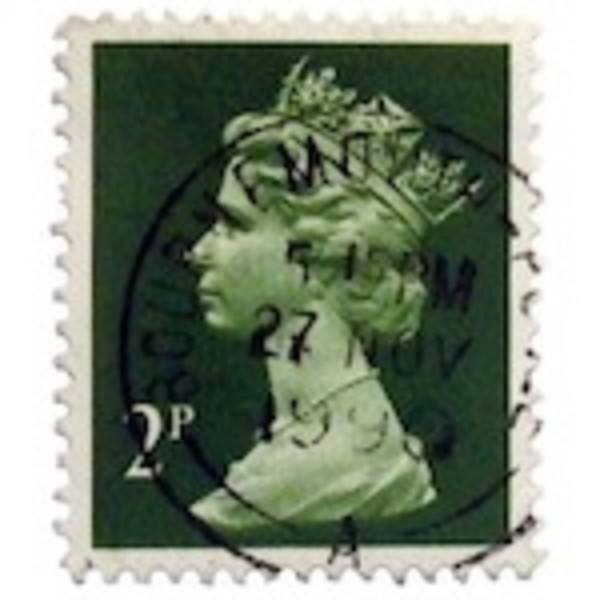Remember those pieces of paper with handwritten words on them that you used to post to people? “Letters” I think they’re called. To be honest though, I wouldn’t have a clue, as I’ve neither sent nor received one in my 16-year-old life.

I’m sure the majority of readers here have at least sent a personal letter to friends or family in their lifetime. However, the same cannot be said about my generation. I’ve sent tens of thousands of emails, Facebook messages, SMSs, and IMs – but never a single letter.
More than solely being a form of communication, letters are a very effective historical item. Think about letters sent home to families from the soldiers on the battlefields of both world wars. Letters were kept because they have a perceived value – it took time and effort to send a letter, and therefore people viewed them as much more valuable.
My parents still have letters that they received more than 30 years ago, and when they read them now they say that they detail entire relationships and friendships. They have vast amounts of information about their own history stored inside the letters that they sent and received. It goes even further than that. My grandmother still has letters she received from her grandmother. If it weren’t for those letters, all that information about my own family history would have been lost, or confined to memory (which, as my parents are discovering, fails us all eventually).
Guest author Michael Moore-Jones is a sixteen-year-old who has grown up globally, but is currently based in Wellington, New Zealand. He is passionate about technology and business, and is involved in numerous startups. You can read his thoughts on his blog at mmoorejones.com, or follow him on Twitter at @mmoorejones.
And yet, I can’t tell anyone what I was discussing with someone a month ago. That’s testament to the digital age that I, and everyone in my generation, is a native member of. I find myself feeling incredibly guilty that my parents and grandparents went to so much effort to ensure that our family history was kept, and here I am frequently losing information about my life.
The frequency and brevity of messages sent today combined with the numerous mediums used means that this personal information now has a much lower perceived value: Your email storage fills up – you delete all your messages. You get a new mobile phone – all of your SMS’s are lost.
Some people are already worrying about what may happen if we continue to throw away our information. For example, the U.S. Library of Congress announced in April last year that it would be archiving every Twitter message ever sent. Sure it’s a phenomenal undertaking, but in no way is it enough. Think about all the different mediums of communication you use.
For example, today alone I have communicated with people via SMS, email, Facebook messages, Facebook chat, Whatsapp Messenger, Skype chat, and Twitter. Out of those, only my public Twitter updates are being stored. There are other efforts like the Library of Congress’ undertaking, but mass archiving won’t help us store our individual histories in a way that we can access.
What happens if, in three years, I want to go back through all my communications with my girlfriend? I may not be using an iPhone in three years, so all of my messages on Whatsapp Messenger will be gone. I definitely won’t be using the same mobile phone, so all of my SMS’s will be gone. My Gmail storage will have filled up, so I won’t have any of our emails any more. I doubt I’ll even still be using Facebook – there’s all of that communication gone.
All of this information that is so important and so relevant to me personally is just disappearing, and I won’t be able to track the relationships and friendships that I have had.
Personally, I am now backing up my computer daily, and copying and pasting communication from all different formats into different documents stored both on hard drive and in the cloud. While it’s a start, it’s an absolutely horrific task, and doesn’t completely work (I’m not going to be transcribing my SMS’s into a document).
The abundance of technology is severely devaluing information. Do we go on ignoring this fact, and losing the details of our lives? Or do we do the hard work, and attempt to effectively store our communications? I know that I’ll be putting in the hard work – at least until the magicians in Silicon Valley come up with a better solution.
Photo by adamci










